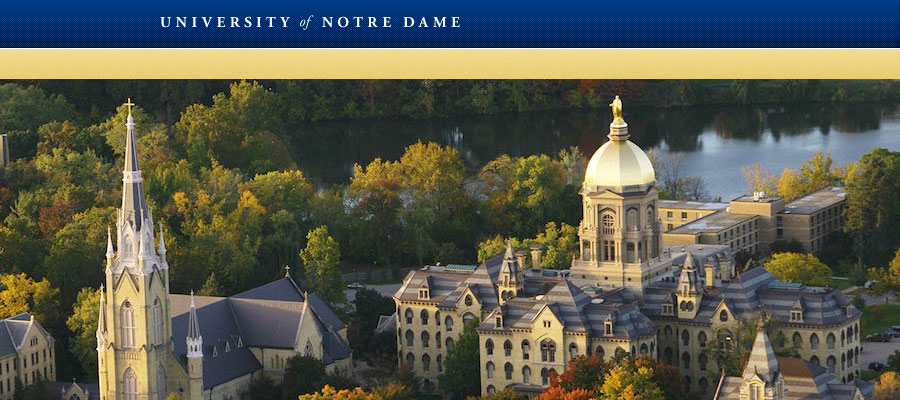Patristic and Byzantine Greek, June 13–July 22, Online
Instructor: Nick Churik
Course number: CLGR 30199/60199 01
The Eastern Roman (Byzantine) Empire holds a crucial place in the history of Greek letters. Not only did Byzantine scribes forge the vital link between antiquity and modernity, but Byzantine mystics, poets, philosophers, and statesmen have left behind a vast and varied corpus of texts expressing the diverse discourses contributing to the formation of Byzantium. In this course, students will engage this corpus through a survey of texts composed in different historical and geographical contexts and encompassing a variety of genres (including historiography, hagiography, mystical literature, and poetry). In this course, students will encounter the writings of John of Damascus, the nun Kassia, St. Basil the Younger's hagiographer Gregory, Symeon the New Theologian, Michael Psellos, and Anna Komnene. Students will also receive an introduction to Greek paleography. Prerequisite: At least three semesters of classical or Koine Greek.
Introduction to Old Armenian, May 31–July 7, Online
Instructor: Jesse Arlen
Course number: CLAR 10000/60000
This course will introduce students to Old (or “Classical”) Armenian, the literary form of the language from the fifth to the nineteenth century, and the liturgical language of the Armenian Orthodox Church today. An Indo-European language, Armenian is distantly related to Greek, Latin, English, and other western languages. It has a vast library of literature comprised of original compositions as well as translations from Greek, Syriac, Latin, and Arabic, among others. Some ancient texts, like certain works of Philo, Irenaeus, and Eusebius, survive only in Armenian translation. Other original compositions, like the prayer book of Gregory of Narek, are masterpieces of world literature. Students will learn the Armenian alphabet, basic grammar, and vocabulary, and will read simple prose narratives, while also gaining an appreciation for the culture and tradition of one of the ancient Christian peoples of the East. The course will be of interest to students in classics, medieval/byzantine/near eastern studies, biblical studies, theology, and liturgy.
Introduction to Coptic, May 31–July 7, Online
Instructor: Hany Takla
Course number: CLCO 10000/60000
Instructor: Hany Takla
This course introduces students to the basic grammar and vocabulary of Coptic, the final descendant of ancient Egyptian. Coptic is important for any who are interested in, among other things, early translations of the Bible, monasticism, early Christianity, liturgy, hagiography, homilies, "Gnosticism" (Nag Hammadi), and Manichaeism. This introduction will be focused on the two best attested Coptic dialects, Sahidic and Bohairic. The course is designed to enable students who have no previous training in Coptic to read simple to moderately difficult texts.
Classical/Qur'anic Arabic II, June 13–July 22, Online
Instructor: Catherine Bronson
Course number: MEAR 40028/60028
The goal of this course is to continue to develop a basic knowledge of the Classical/Qur'anic Arabic, with an emphasis on an overview of grammar and syntax, vocabulary acquisition, and serial readings of Islamic texts. We will read selections from Qur'an, Qur'anic exegeses, hadith (Prophetic tradition), and other related material, such as Islamic legal texts. We will learn how to use Arabic/Islamic bibliographical references (in print and online). One year of Arabic recommended.
